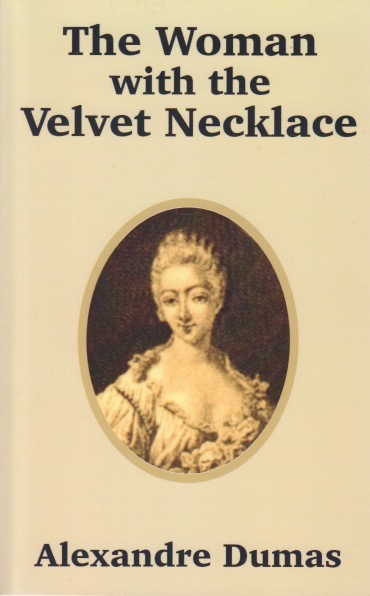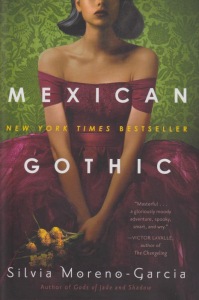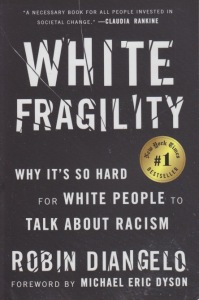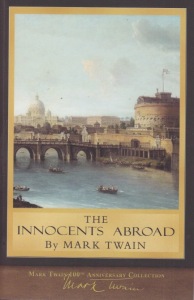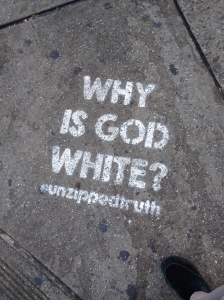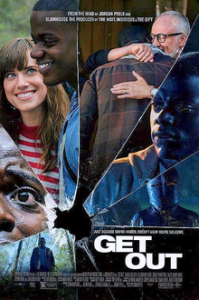I see a lot of headlines, and not a few books, that puzzle over something that there’s an easy way to resolve: why do evangelicals (I’m thinking here of the sort that back Trump despite his pretty obvious criminal, predatory nature) think the way they do. The solution is to ask evangelicals who’ve come to see things a bit differently. I’m not the only one, I can assure you. Many professors of religion (particularly biblical studies) and not a few ministers came from that background. If they were true believers then, they can still remember it now. At least I do. I was recently reading a report in which the authors expressed surprise that evangelicals tend to see racism as a problem of individual sin rather than any systemic predisposition society imposes. To someone who grew up that way, this is perfectly obvious.
I’m not suggesting this viewpoint is right. What I am suggesting is that there are resources available to help understand this worldview. To do so, it must not be approached judgmentally. (I sometimes poke a little fun at it, but I figure my couple of decades being shaped by it entitle me to a little amusement.) I don’t condemn evangelicals for believing as they do—that’s up to them—I do wish they’d think through a few things a bit more thoroughly (such as backing Trump). I understand why they do it, and I take their concerns seriously. I know that many others who study religion, or write articles about it, simply don’t understand in any kind of depth the concerns evangelicals have. It’s only when their belief system impinges on politics that anybody seems to pay attention.
Maybe this is a principle we should apply to people in general. Pay attention to them. Listen to them. Care for them. Relentless competition wears down the soul and makes us less humane. Religions, for all their faults, generally started out as means for human beings to get along—the earliest days we simply don’t know, but there is a wisdom in this. In any case, if we really want to know there are people to ask. Who’ve been there. Whose very profession is being shoved out of higher education because it doesn’t turn a profit. Learning used to be for the sake of increasing knowledge and since that’s no longer the case we see guesswork where before it would’ve been possible to “ask an expert.” I often wonder about this, but as a former member of a guild that’s going extinct, I simply can’t be sure.


